
80 results
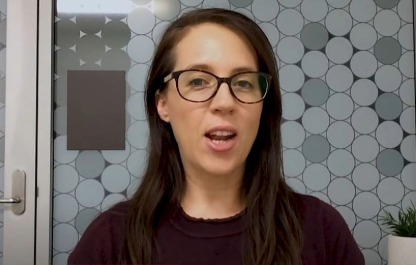
Research Spotlight: FASD & Sleep ft. Dr Nicole Hayes
Meet Dr Nicole Hayes, who is exploring the impact of sleep difficulties on children with FASD and their carers. She hopes this research will help identify ways we can support these children and families in their daily lives.
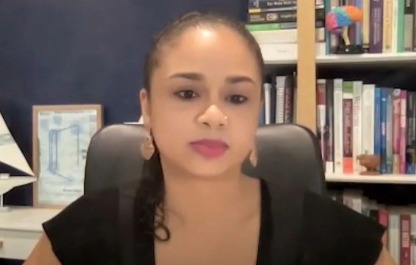
Research Spotlight: FASD Justice Employment Resources ft. Dr Annabelle Nankoo
A WA team of researchers and clinicians is offering hope to people with Fetal Alcohol spectrum Disorder (FASD) and justice involvement by providing resources specifically designed to help gain and retain employment after release. Lead researcher Dr Annabelle Nankoo, clinical psychologist registrar and former research officer at UWA, explains the importance of employment support for this demographic, and the aims of this latest research.
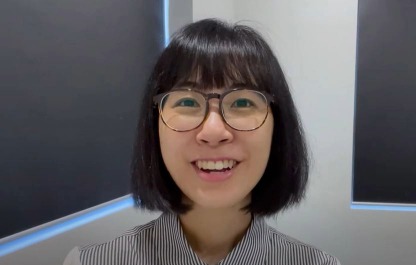
Research Spotlight: Introducing the FASD Australian Registry ft. Dr Melissa Cheung
The FASD Australian Registry (FASDAR) aims to maintain a central database of cases in Australia, in order to help develop a greater understanding of FASD, inform new research, and support families. Here, FASDAR Manager Dr Melissa Cheung shares why having an Australian registry is so important.
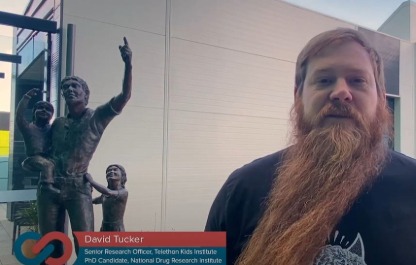
Research Spotlight: Making FASD History in the Pilbara ft David Tucker
David Tucker is a researcher and PhD candidate who has been working on the Make FASD History in the Pilbara project. We asked David to share some of the project’s findings around the role of men in supporting their partners to not drink alcohol during pregnancy.
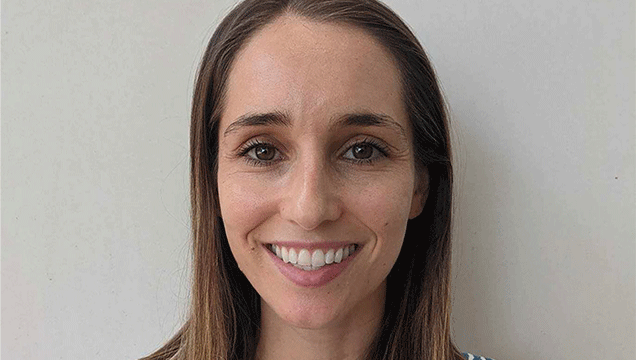
Research Spotlight: Misuse of evidence and downplaying harms – unpacking assertions of the alcohol industry ft. Dr Cassandra Wright
Research has uncovered the tactics commonly used by alcohol industries in order to manipulate evidence, misrepresent the harms of alcohol, and influence public health policy for their own gains. Senior Research Fellow at Menzies School of Health Research, and a member of the FASD Hub Advisory Group Dr Cassandra Wright outlines the need for close scrutiny of this harmful industry and curtail their influence on public health policy.

Research Spotlight: One Drink campaign proves efficacy in supporting the reduction of alcohol use in pregnancy ft. Prof Simone Pettigrew
The ‘One Drink’ campaign aims to increase awareness that there is no safe amount or time to drink alcohol during pregnancy. Evaluation outcomes have been published in the Australian and New Zealand Journal of Public Health proving the advertising campaign created significant awareness.
Acknowledgements
Our thanks go to the remarkable families who gave their time and invited us into their homes, school and life. Their stories are testament to their hardwork, dedication, love and resilience in bringing up these children and young people.
We also acknowledge the expertise and professionalism of the health professionals who gave us their time to film in their clinics and offices.
Stay connected
Join our mailing list to hear more from the FASD Hub, including our monthly newsletters, webinar invitations, and new publications.
Acknowledgement of Country
FASD Hub Australia acknowledges Aboriginal and Torres Strait Islander peoples as the Traditional Custodians of Country throughout Australia, and we recognise their connections to land, water and community. We pay our respect to their elders past and present, and extend that respect to all Aboriginal and Torres Strait Islander peoples.
